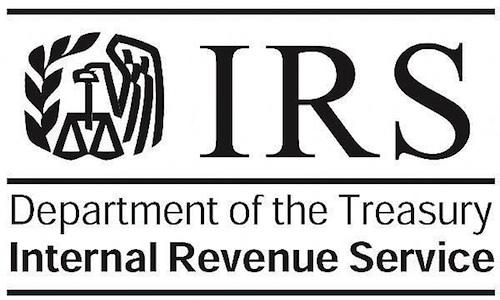Editor’s Note: For the latest on this topic, visit www.cpapracticeadvisor.com/covid-19.
Rumors have been floating around Washington, D.C. and tax firms across the country that the Internal Revenue Service may extend the 2020 due date for filing income taxes from the traditional date of April 15 to possibly June 15, 2020 or as late as October 15. The possible action comes as the nation, and the world, are combating the Covid-19 Coronavirus pandemic.
On Wednesday, March 11, the American Institute of CPAs (AICPA) asked the IRS to give all taxpayers an automatic extension until October 15, without the need to file any forms or request the extension, along with waiving related fees. The AICPA is also recommending an extension of the filing deadlines for businesses.
Treasury Secretary Steven Mnuchin told Congress on Wednesday, March 11, that the Trump administration is considering providing relief for most individual taxpayers and small to medium-sized businesses. The administration is able to execute such a change without needing approval from Congress.
Such a change in the deadline for individuals to file their annual federal income tax returns would be unprecedented at the national level, although the IRS often grants such extensions to more limited geographical areas following disasters, such as storms, wildfires, and earthquakes. Earlier this month, for example, taxpayers affected by the Tennessee tornadoes were granted relief until July 15 of this year.
“An extended tax deadline and penalty relief would likely be welcomed by taxpayers,” said Gail Perry, CPA, a tax professional and the editor-in-chief of CPA Practice Advisor. “This would be especially true for those who are dealing with family issues relating to the pandemic. The extension would also be beneficial to the IRS as that agency might be facing reduced staffing accompanied by taxpayers unable or unwilling to venture into a government office for assistance. As for tax preparers, they would look forward to a busier than usual summer and fall in 2020.”
If the IRS and Treasury Department do extend the deadline, “It would give people more time to get their information together and certainly would help those who owe money if they are allowed to delay payments,” said Tom Wheelwright, a CPA and the CEO of WealthAbility. At the same time, such a delay could bring relief to IRS workers, by “giving them more time and spreading out the work more,” Wheelwright said.
He noted that if the IRS makes such a move, a June 15 date would make sense to him because “it’s the date people traveling abroad have to file and pay taxes by. That would be consistent.”
If the IRS changes the filing deadline, most state legislatures would likely follow suit, since most taxpayers file their federal and state income tax returns at the same time. Seven states do not have an income tax: Alaska, Florida, Nevada, South Dakota, Texas, Washington, and Wyoming.
Wheelwright’s advice for taxpayers who haven’t filed yet? “File an extension. You may still have to pay, but having extra time to prepare your return is good as you or your preparer can take more time to look for additional deductions and other tax saving opportunities.”
Under current tax law, any taxpayer can get a six month extension to file their taxes, without stating a reason, simply by filing an IRS Form 4868, Application for Automatic Extension of Time To File U.S. Individual Income Tax Return. Taxpayers expecting to owe taxes to the IRS when they file their return are still generally required to make that payment by April 15. If the IRS extends the deadline due to the Coronavirus, it may not require taxpayers to submit any such extension rea
Thanks for reading CPA Practice Advisor!
Subscribe Already registered? Log In
Need more information? Read the FAQs
Tags: Income Taxes, IRS




